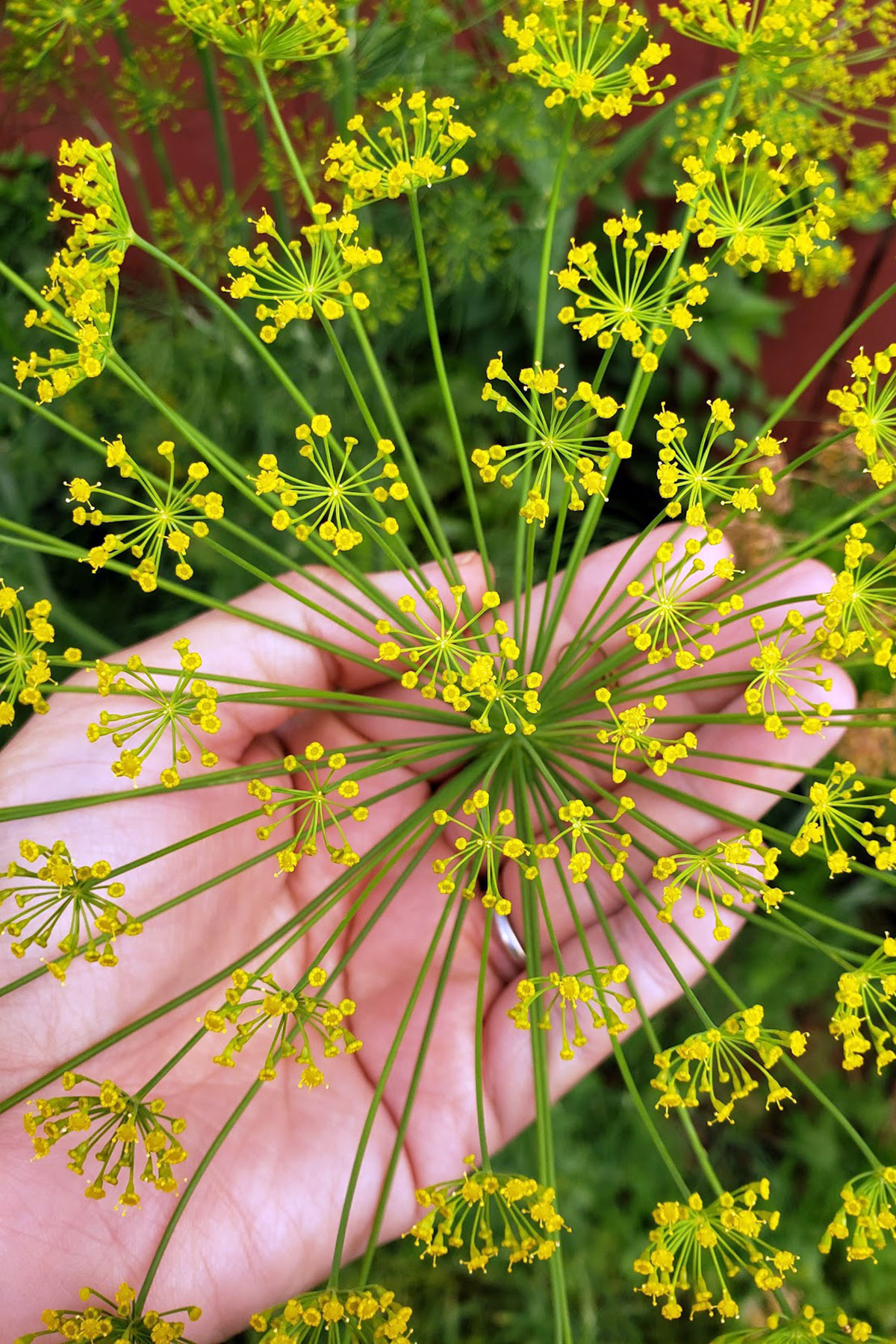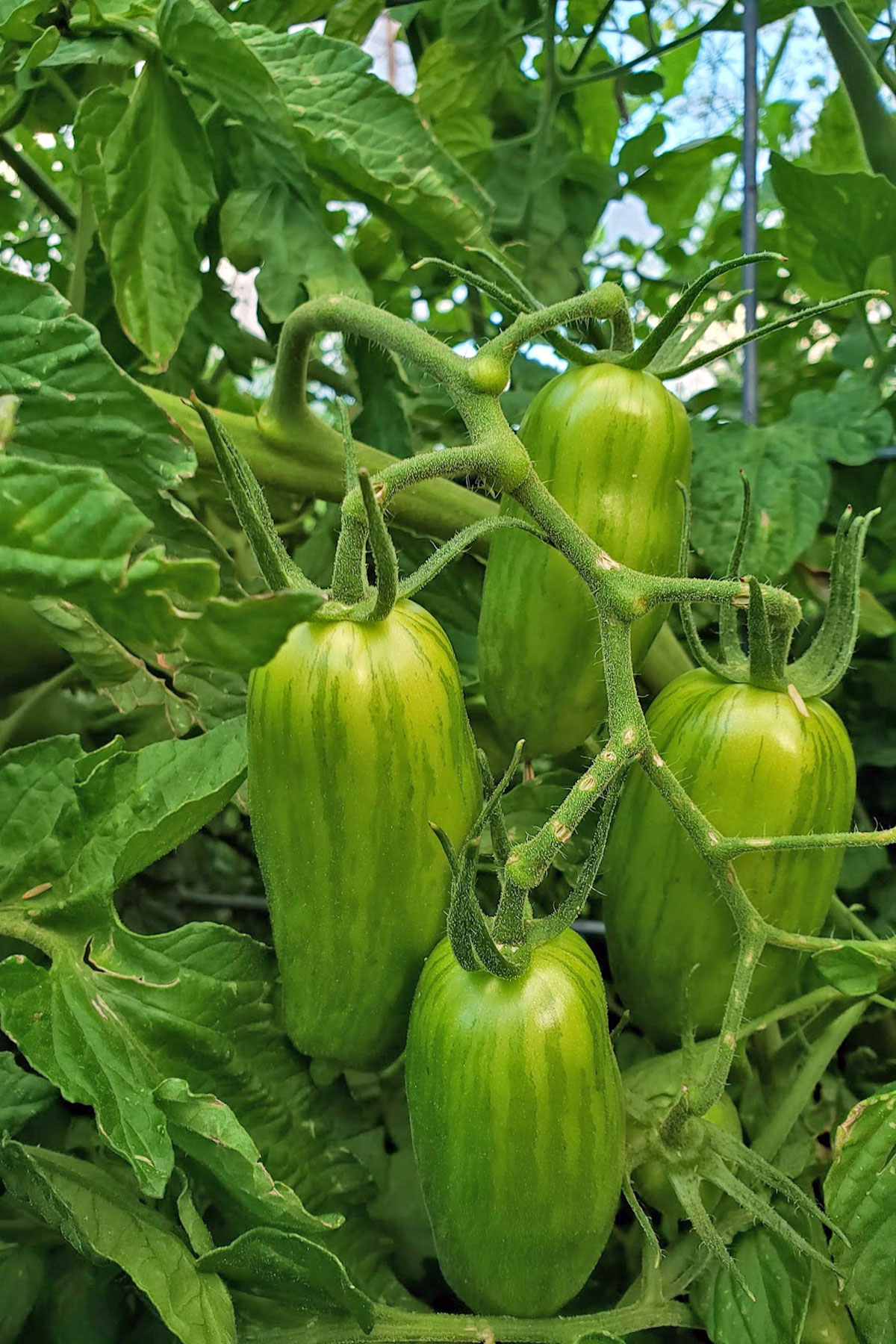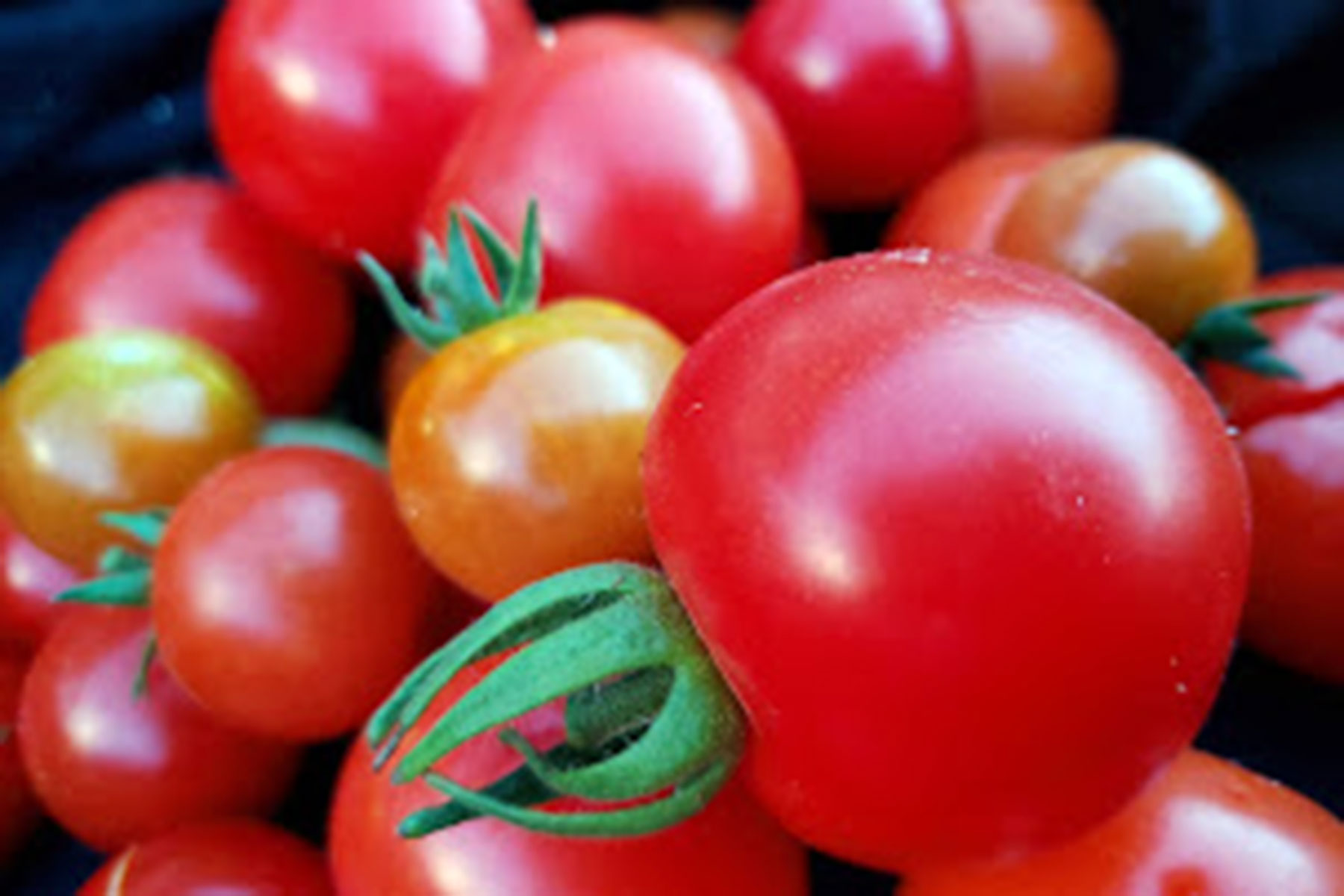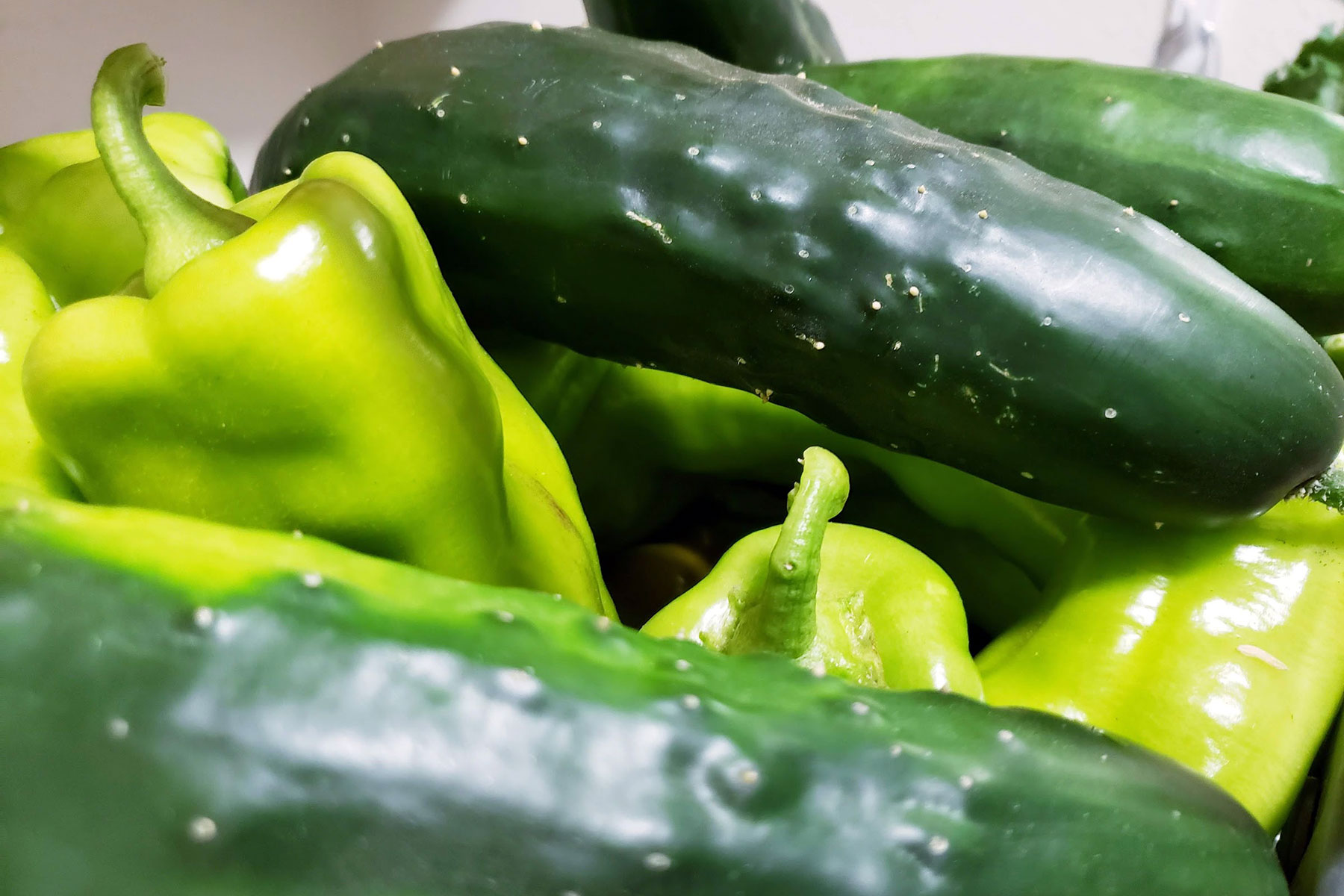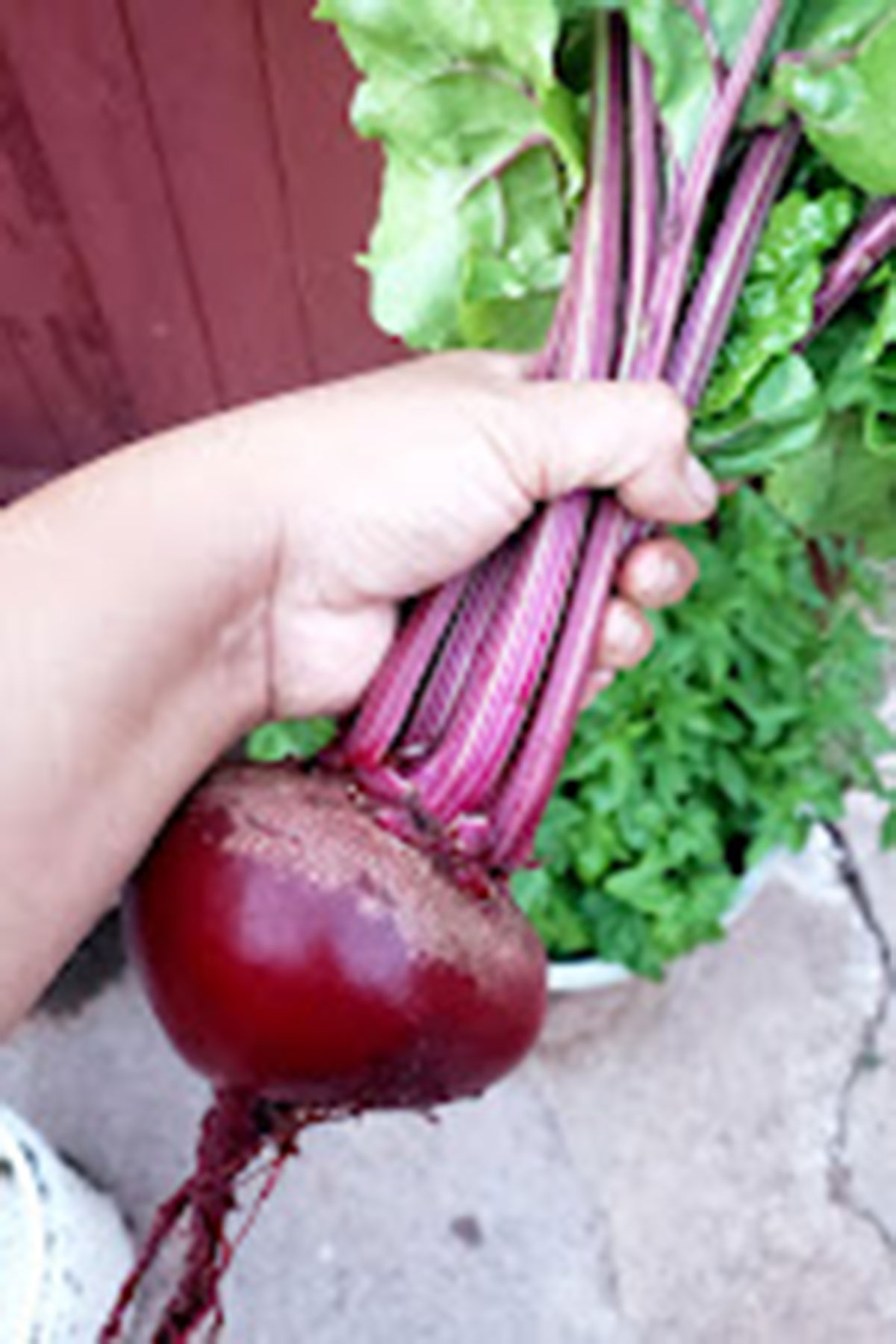As the nights get cooler in our area, right now is a good time to reflect on what you did well this year and what you can improve on for next year. I doubt there is ever a perfect gardening season. Your garden might be bursting with life, but in less than a month frost will be here. Now is the time to take notes of the things you learned this year.
The garden always teaches us new lessons. For me and my family, I’m thinking of what we did well. This year was the first year I installed drip irrigation for part of the garden. I’ll tell you what, I was not expecting the explosion of vegetables I had this year. It was a lot more hands off for me, but that was a good thing. It gave me extra time to sit back, sip on my coffee and enjoy the garden. I am forgetful and tend to not water enough. I decided this year would be the year I planned my irrigation system. I purchased a drip line system kit online and it was simple to set up. It took about three or four hours and voila! I saved hours and hours of hand watering.
Also, earlier this year I planned to carefully space my plants, but at the last minute I planted way closer. I wanted to experiment and see how close I could plant my veggies to increase my yield. I planted beans about four inches apart, tomatoes about a foot apart and cucumbers about a foot apart. I threw random chili pepper and basil plants where there was empty space. I was surprised how well they did and now I’m harvesting so much more in a little less space. Next year I will be planting my veggies closer.
I also used a lot of homemade compost this year. I suspect that also helped with making my garden so productive, besides the drip line irrigation. I worked about a three-inch top layer of compost into my raised beds last fall and again in early spring. I also sprinkled some organic fertilizer and my worm compost into my container gardens to boost the nutrients in the soil. Before this year, I struggled with creating compost. I could never keep it moist. But, last year I saw this garbage bin idea I tried out that seemed to keep my compost moist and active. I layered my kitchen scraps (and my neighbor’s scraps) and straw in a large garbage bin and turned it every 3-5 days. It took about six months before I had useable compost. Compost is a must have for any garden. It improves the soil and increases moisture retention, which is very important for our soil. Depending on where you live, our soil can lack nutrients and water-holding capacity. Compost keeps the soil nutritious and supports healthy plants.
So on to the things I can improve. This year has been insane with rain! I am accustomed to one or two rainstorms in my area, but I can’t count how many storms we’ve had this year. I am so thankful for the rain, but with rain it brought weeds. I did a very poor job of keeping up with the weeds and now my garden needs a machete to get through some of the areas. Bindweed has taken hold and it choked out some of our squash and watermelon plants. The weeds have also brought so much pollen as well and my allergies are not happy about that. In a few areas, it looks like we are cultivating weeds.
Finally, one thing I have been regretting is not having a thorough plan for what I am going to do with the harvest. I was not expecting such an explosion of vegetables, and with that brought some food waste. I picked squash and watched it mold over in my fridge. I picked lettuce and eventually had to offer it to my worms or compost pile because they became inedible. My only consolation is that I know that at least my veggies are going back to the earth and not the landfill. I gave lots of vegetables to friends and family as well. I tried preserving my harvest. I pickled green beans and froze herbs, but I couldn’t keep up with the harvest. As I sit here and write, I have a huge bucketful of cucumbers and peppers that I need to put away.
If you grew a garden this year, now is the time to reflect on what went well for you. Perhaps, even take some pictures of your growing areas. Every garden is unique and brings us special joys and challenges. Embrace both and you become wiser. I often hear from new gardeners that their garden didn’t do well or they thought their garden wasn’t a success. But, if you celebrate the challenges as much as the joys, over time you become a gardening master. There is no such thing as a perfect garden. If you accept that early on in your gardening journey, the garden becomes a place of peace and joy.
Denee Bex is a Registered Dietitian and advocate for healthy traditional diets and home-grown foods within Native American communities. She can be reached at Denee.Bex@gmail.com.

